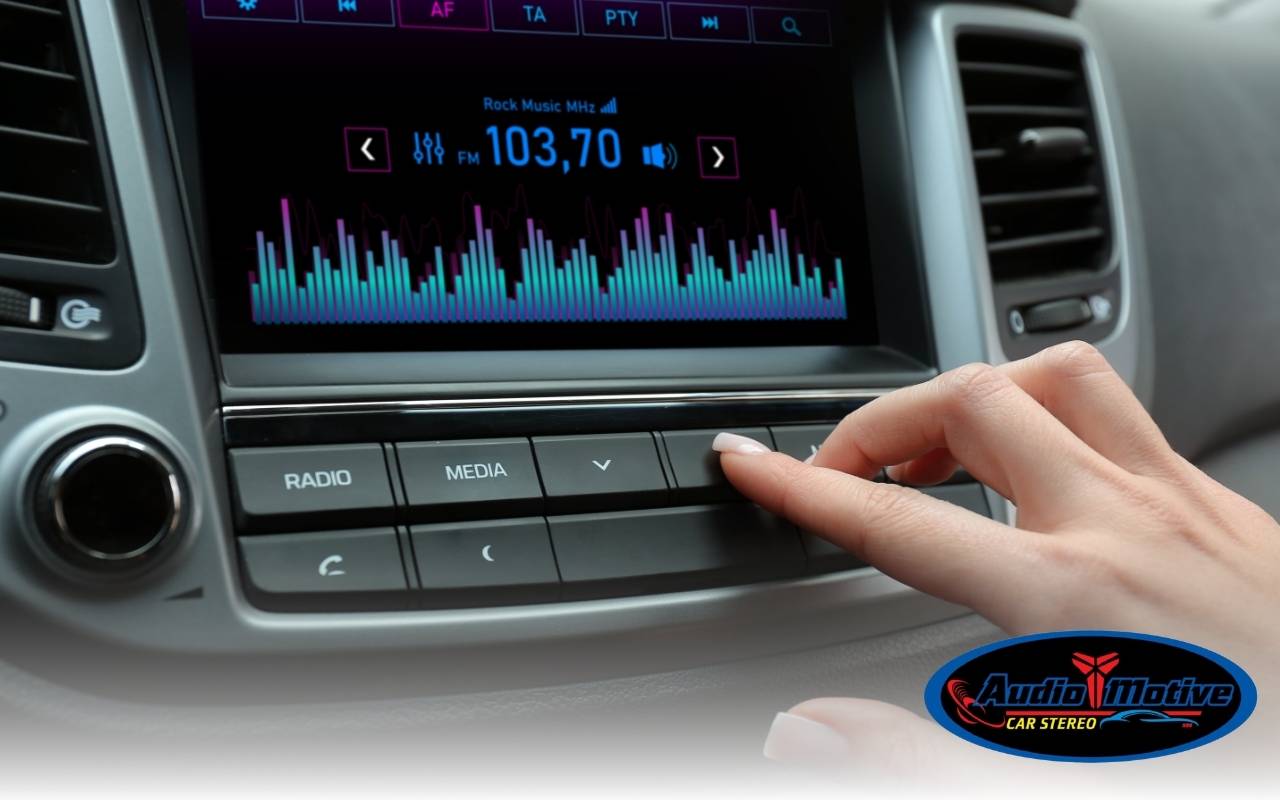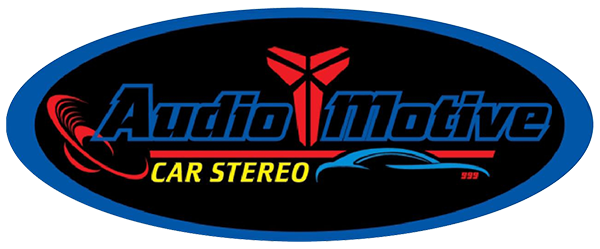
A digital signal processor for cars is one of the most effective upgrades for achieving crisp, clear, and balanced audio on the road. If you’ve already added amps, subwoofers, or new speakers, but still feel like your sound isn’t quite right, a DSP can make all the difference.
So, what is DSP in car audio exactly? And how does it give you better control over your sound system? Let’s take a closer look.
What Is DSP in Car Audio and What Does It Do?
The Role of DSP in Vehicle Sound Systems
A DSP (Digital Signal Processor) processes audio signals before they reach your speakers. It allows you to shape how the sound behaves inside your car by adjusting timing, equalization, and crossover points.
This fine-tuning ensures that vocals sound centered, instruments are balanced, and bass is smooth rather than overpowering.
Why Factory Systems Fall Short
Stock stereos rarely account for acoustic challenges like speaker placement or cabin size. Even upgraded systems can sound muddy without signal correction. A DSP fixes these issues by offering personalized tuning for your exact vehicle layout.
Need help planning your upgrade? Visit our car audio system planning page for guidance on building a system that works together.
Benefits of Using a Digital Signal Processor in Cars
Clearer Sound with Time Alignment
DSPs help align speaker output so that sound from each speaker reaches your ears at the same time. This creates a more immersive, realistic listening experience—ideal for audiophiles and casual drivers alike.
Custom EQ and Crossovers
With a DSP, you get detailed control over EQ settings. That means you can cut harsh frequencies, add vocal presence, or tame the bass. You also get built-in crossovers, allowing your amp and speakers to work together more efficiently.
If you’re running amplifiers, make sure to check out our guide on how to tune your car amplifier.
Better Use of Your Amplifier’s Power
An amp alone boosts volume—but without signal control, you’re just making flaws louder. A DSP optimizes the signal before it’s amplified, making better use of your gear’s potential.
More on that here: What do car amplifiers do?
How to Set Up a DSP in Your Vehicle
Professional vs DIY Setup
Many DSPs come with mobile apps or PC software, but tuning a system still takes time and a trained ear. That’s why many drivers in San Leandro, San Lorenzo, and Fremont trust Audiomotive for setup and tuning.
We’ll dial in your system to match your car’s layout and your music preferences.
Calibration and Testing
After installation, a technician uses tools like real-time analyzers and calibration mics to fine-tune your sound. The result is smooth frequency response, improved imaging, and a system that sounds good at any volume.
FAQs – Digital Signal Processor for Cars
What is a digital signal processor in car audio?
It’s a device that allows you to customize your sound system’s performance by adjusting time, frequency, and output for each speaker.
Do I need a DSP if I already have an amp?
Yes. Amps increase power, but DSPs improve sound quality by controlling how that power is used.
Can I install a DSP myself?
You can, but precise tuning often requires experience and equipment. Audiomotive offers professional setup for optimal results.
Want expert help tuning your DSP system?
Audiomotive is your go-to team in San Leandro for custom car audio setups that deliver premium sound.
Upgrade Your Audio Experience with a Car DSP
A digital signal processor for cars isn’t just for show cars or high-end builds. It’s the missing link between good equipment and great sound. At Audiomotive, we help you get the most from your audio system—whether it’s a full custom build or a smart upgrade.
Contact us today for professional DSP installation and tuning in San Leandro, Fremont, or San Lorenzo.
